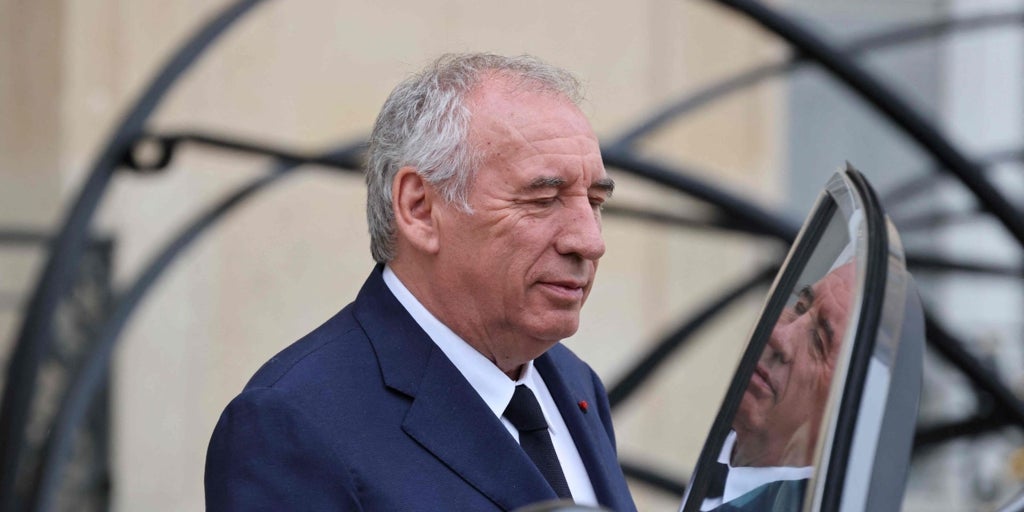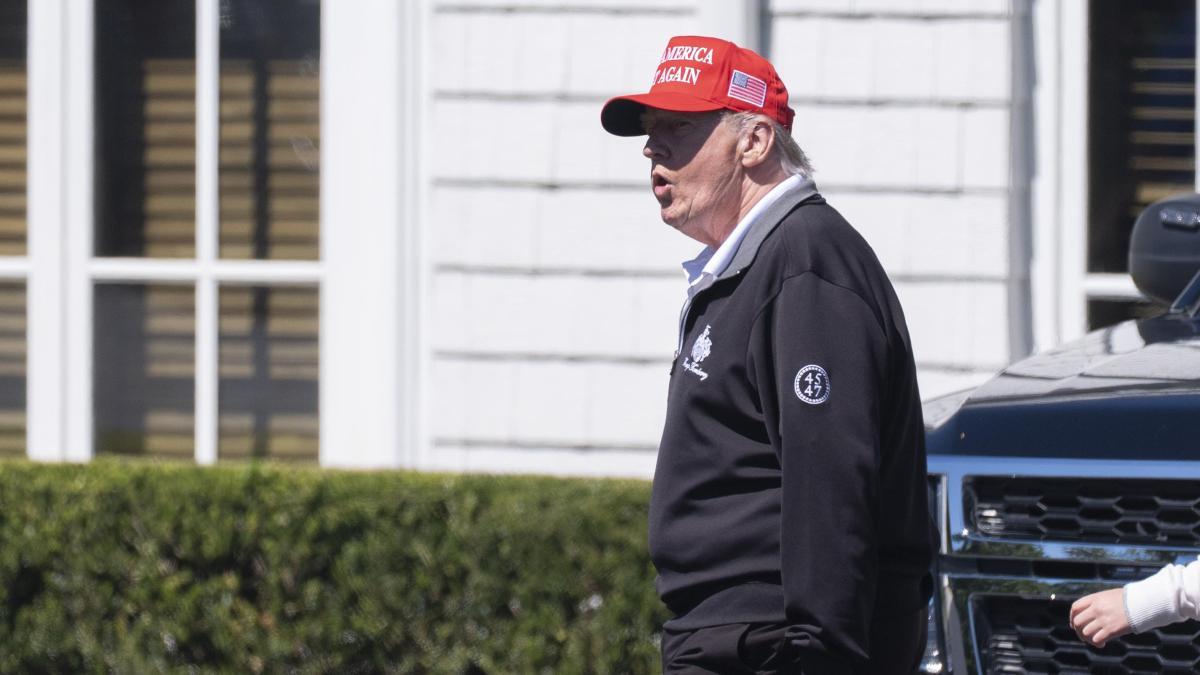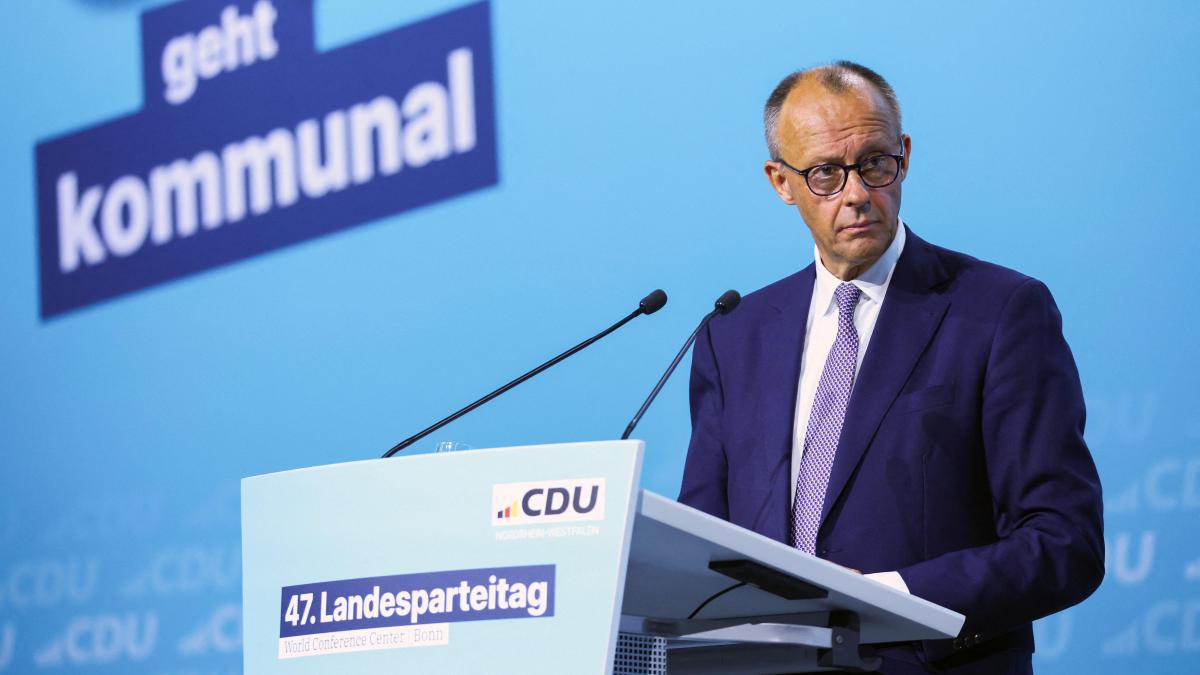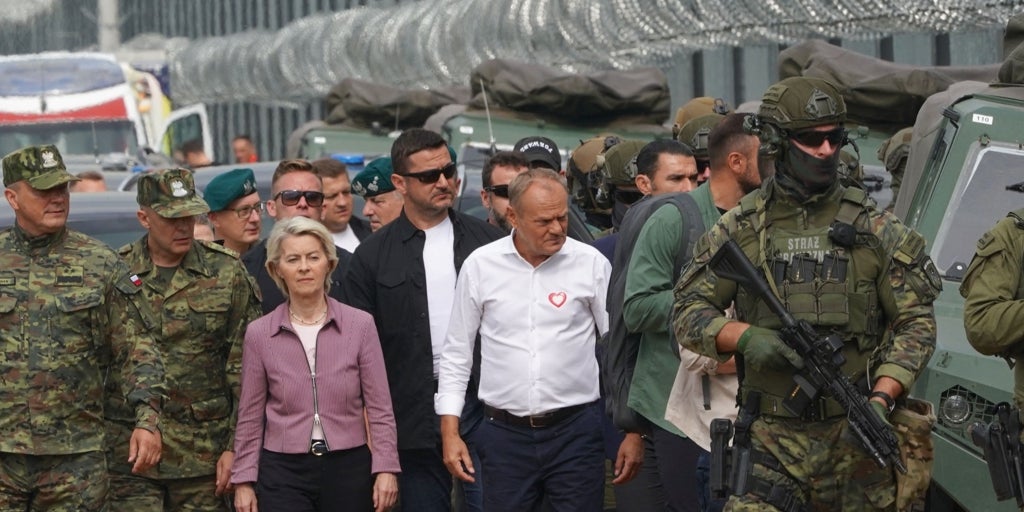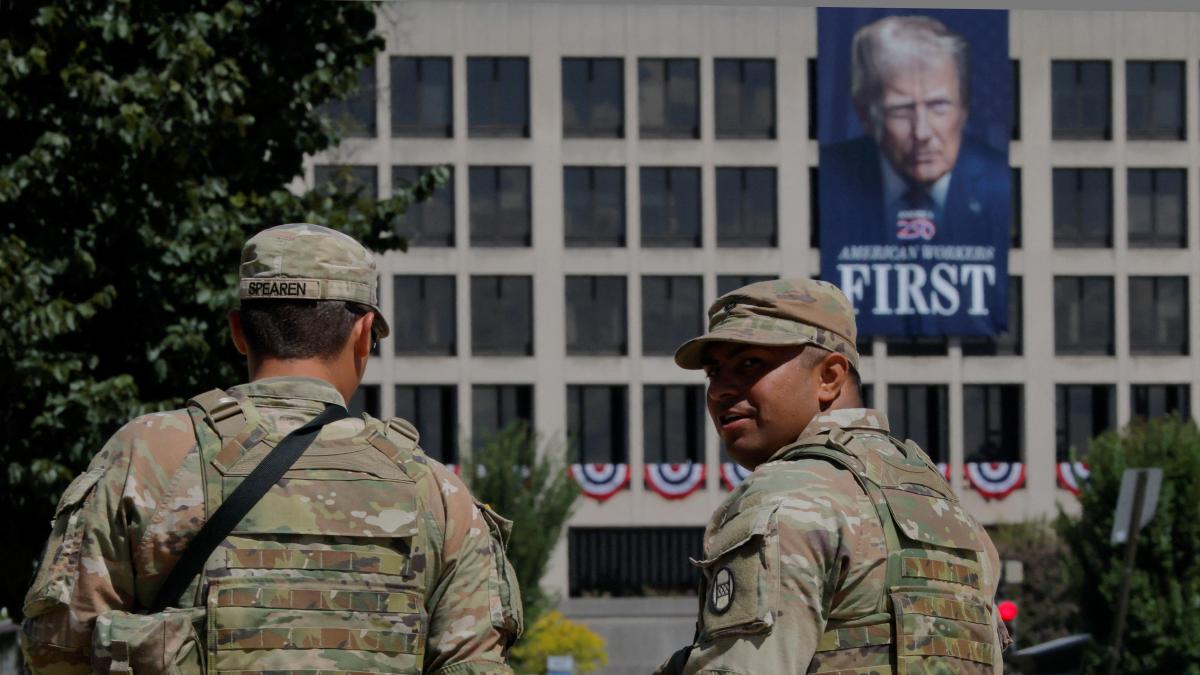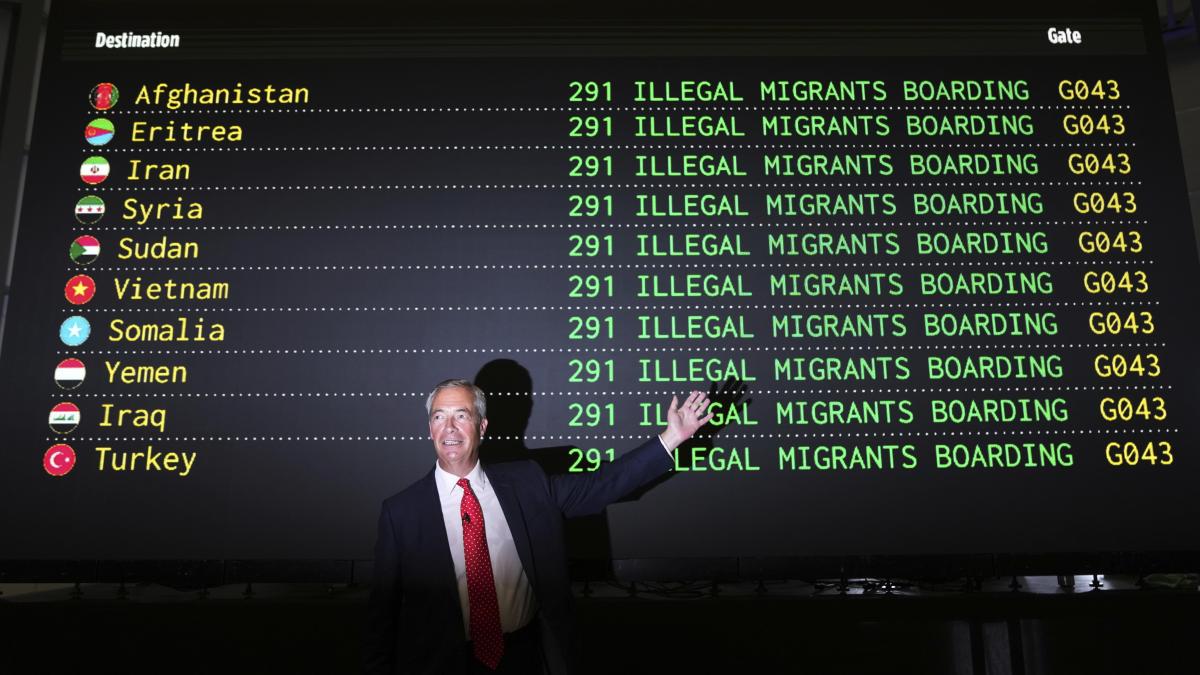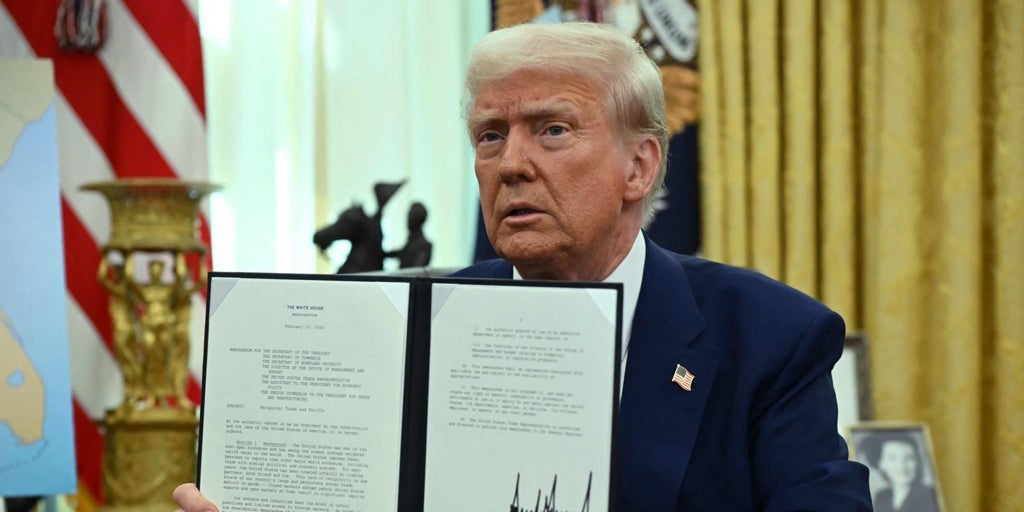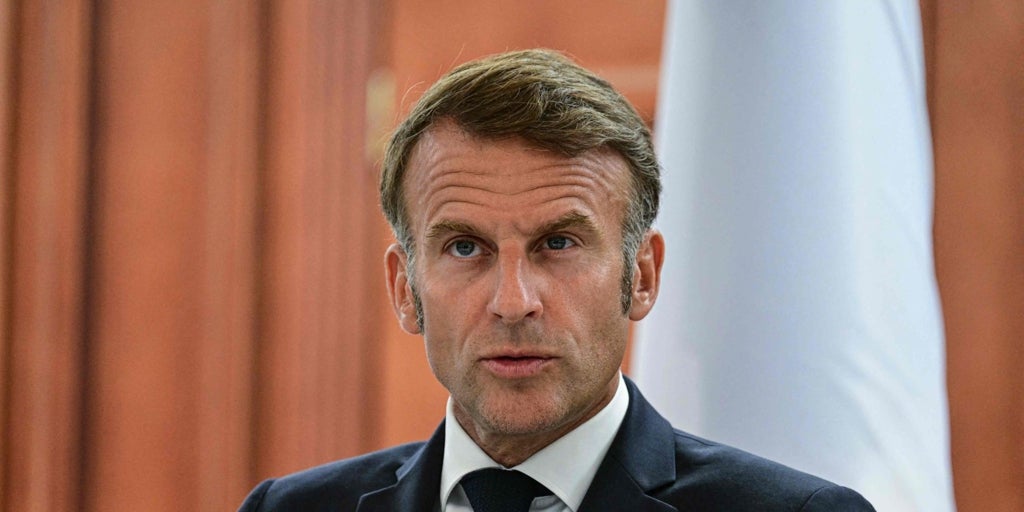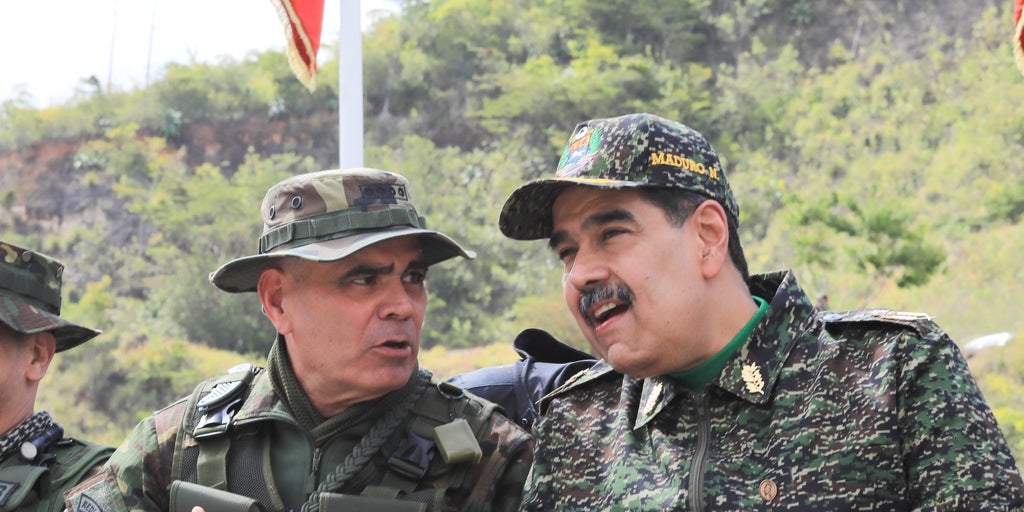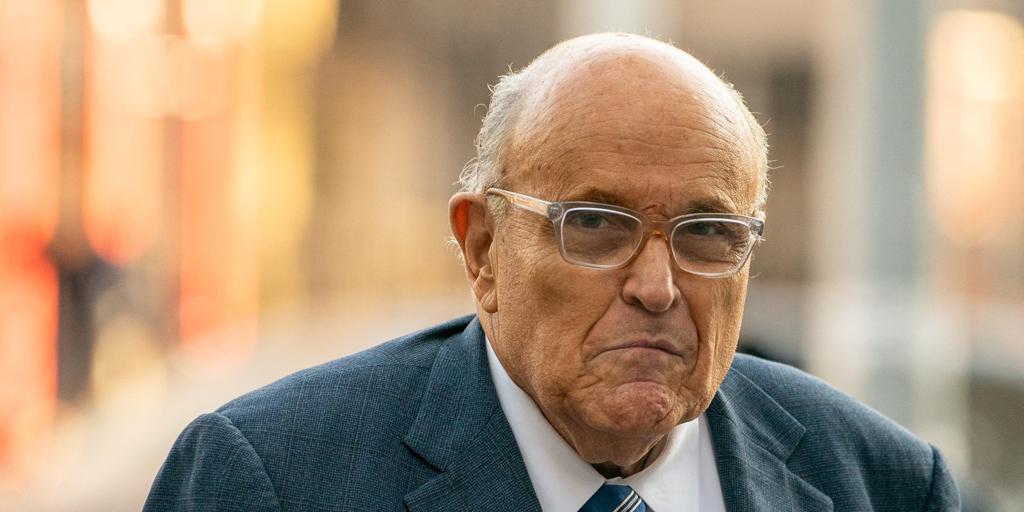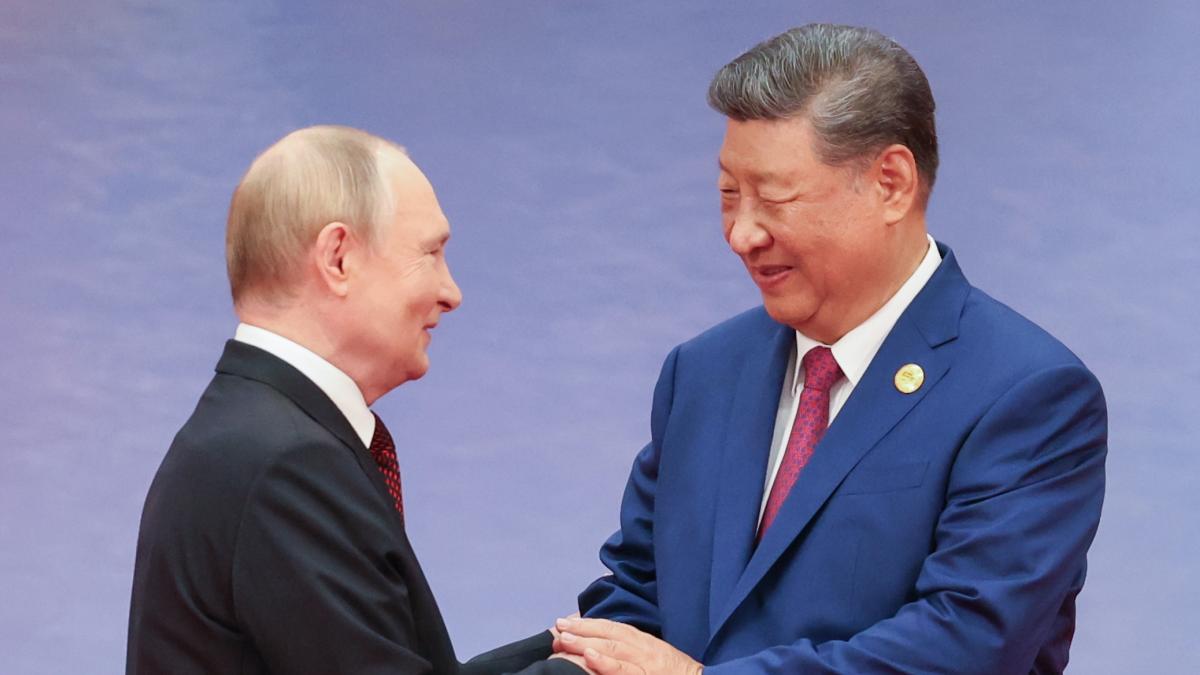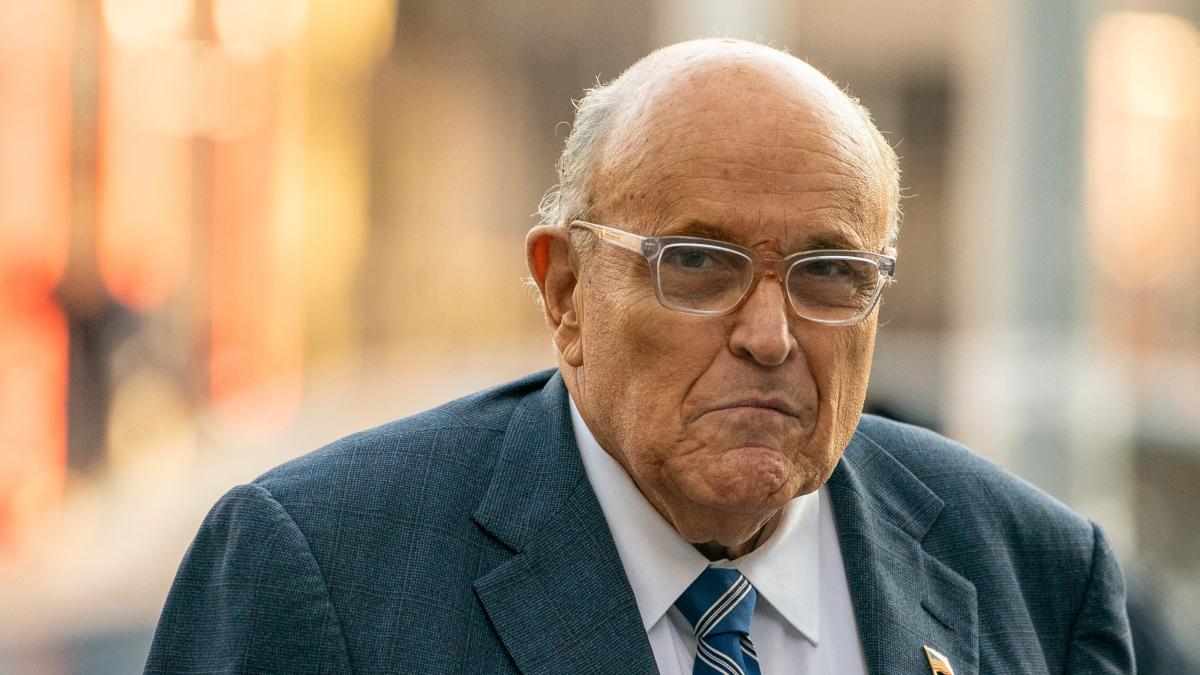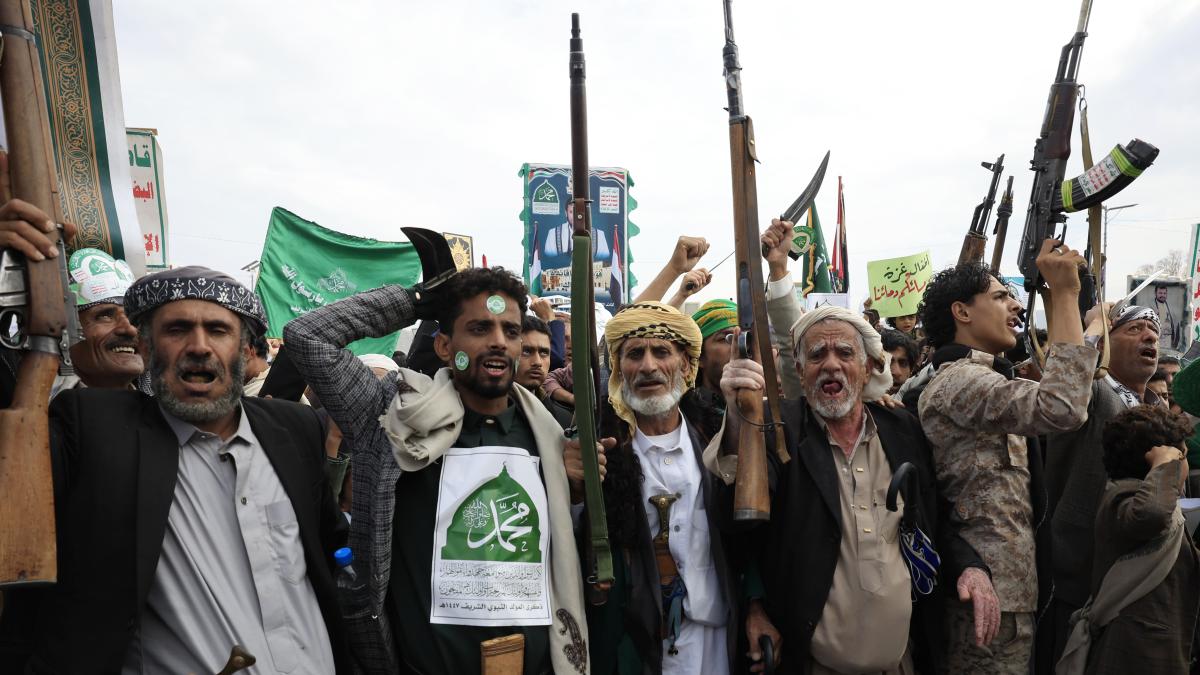Bolsonaro’s Military Conspiracy: Plans to Poison Lula and Eliminate Rivals
A chilling revelation has emerged from Brazil, shedding light on a deeply disturbing conspiracy involving the military plans of Jair Bolsonaro’s administration. The plan, designed to murder the then president-elect Luiz Inácio Lula da Silva, alongside his vice president Geraldo Alckmin and Supreme Court Judge Alexandre de Moraes, raises alarms about political extremism and the lengths to which some factions will go to maintain their power.
The Unraveling of a Dark Plot
In December 2022, a document detailing this assassination plot was discovered inside the Planalto Palace, a bastion of power in Brazil’s government. The reality that such a sinister strategy was considered within the highest echelons of the Brazilian military poses significant questions about governance, loyalty, and the deteriorating political atmosphere.
Profiles in Treachery: Key Players Involved
At the center of this conspiracy is Walter Braga Netto, a trusted general under Bolsonaro, whose role in the military has raised eyebrows. A thorough analysis of his military history shows how Bolsonaro’s close connections with the military may have fostered an environment where such drastic actions were conceivable.
The Unraveling Timeline
As tensions escalated leading up to Brazil’s October 2022 elections, fears about a potential coup were palpable. Bolsonaro’s military ties became a focal point as protests erupted and claims of vote fraud festered. The conspiracy against Lula and the aforementioned figures not only reveals a blatant disregard for democratic processes but also a tangible manifestation of militant political bullying.
The Implications of Militarized Politics
The ramifications of this plotted violence span beyond just the immediate threat to those targeted. It represents a broader trend in the militarization of politics in Brazil, whereby political disagreements may now be settled through violence rather than discourse.
Military involvement in politics is not novel, but the open planning of such extreme actions against political adversaries is alarming and unprecedented in modern Brazilian history. This escalating conflict reflects the growing divide within the Brazilian political landscape—one where extreme factions gain power and resort to violence where they feel cornered.
Furthermore, the fact that Bolsonaro’s military advisers considered such drastic actions raises vital concerns about the stability of Brazil’s democracy and the ethical implications of a government that resorts to assassination rather than political discourse.
A Historical Context
Brazil has a tumultuous history when it comes to military intervention in politics. From the military dictatorship that ruled from 1964 to 1985 to the recent surge in authoritarianism, including Bolsonaro’s tenure, the specter of military influence over civil governance has never been far from the forefront.
In recent years, political violence has surged, with a notable increase in threats against public figures. Data indicates that a significant percentage of Brazilian leaders face threats of violence or assassination, illuminating a culture of fear within the political sphere.
Political dissenters and individuals who take a stand against authoritarian practices frequently find themselves as targets of intimidation, suggesting that this assassination plot is only the tip of the iceberg in a culture that increasingly tolerates of political violence.
The Role of Public Sentiment
In a polarized society where social media conspiracy theories proliferate, the atmosphere surrounding Lula’s return to power was teeming with division. Brazilian society has become a battleground for ideological warfare, manipulated by misinformation and populist rhetoric.
Lula’s Resilience: A Turn in Politics
Lula, despite facing numerous attempts to undermine his legacy and career through legal challenges and imprisonment, has emerged stronger than ever. His administration from 2003 to 2011 left an indelible mark on Brazil’s social and economic landscape. However, even as he reclaimed the presidency, the impending threats against his life serve as a constant reminder of the deep-seated animosity from Bolsonaro’s faction.
The Lessons to Be Learned
This unfolding scenario is not merely an isolated incident but part of a larger global context where democratic norms are being challenged. It urges the international community to pay attention to Brazil’s socio-political dynamics and recognize the growing threat that militarized politics poses to democracies worldwide.
Conclusion: A Call to Action
The details surrounding the assassination plot against Lula stand as a somber reminder of the fragility of democracy. The discovery of this plan should not only incite outrage but also galvanize citizens, activists, and global citizens alike to demand accountability for such heinous actions. Political violence under any circumstance must not be tolerated; fighting to preserve democracy requires vigilance.
As Brazilians grapple with these revelations, it’s crucial to heed the lessons of the past. Only a united stand against evil can guide the nation back toward democratic principles and a fundamentally just society.


